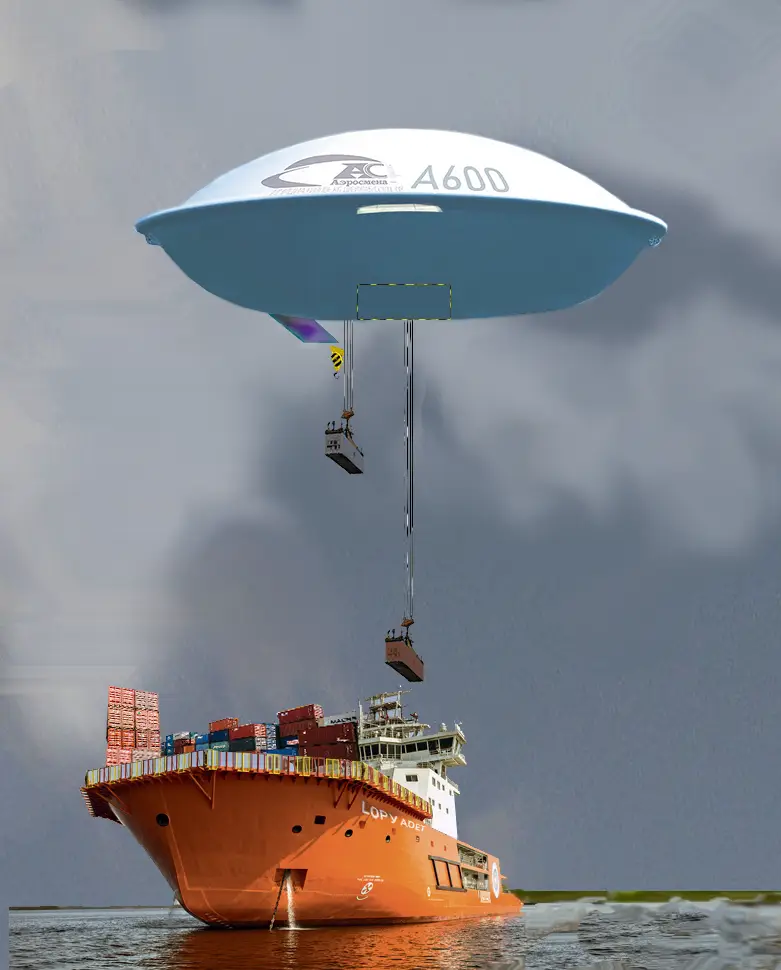
Introduction
The logistics and freight forwarding industry is undergoing a significant transformation, driven by advancements in technology. Among these advancements, Artificial Intelligence (AI) stands out as a game-changer, particularly in the airfreight sector. As companies like Pacewell Cargo strive to provide the best logistics and freight forwarding services in Pakistan, understanding AI’s role in shaping the future of air cargo is crucial. This blog delves into how AI is impacting airfreight, the benefits it brings to cargo services from Pakistan to the USA and worldwide, and what the future holds for this dynamic industry.
The Current Landscape of Airfreight
Airfreight has long been a vital component of global trade, offering speed and reliability that other transport modes cannot match. However, the industry faces challenges such as rising costs, capacity constraints, and the need for enhanced efficiency. As businesses increasingly rely on air cargo services from Pakistan to the USA and worldwide, the demand for innovative solutions to these challenges has never been greater.
The Role of AI in Airfreight
AI technologies are being integrated into various aspects of the airfreight process, from logistics planning to cargo handling. Here are some key areas where AI is making a significant impact:
1. Predictive Analytics
AI-driven predictive analytics can forecast demand patterns, enabling logistics companies to optimize their operations. By analyzing historical data, AI can predict peak seasons and adjust capacity accordingly, ensuring that cargo services from Pakistan to the USA are efficient and timely.
2. Route Optimization
AI algorithms can analyze a multitude of factors, including weather conditions, air traffic, and cargo types, to determine the most efficient routes for airfreight. This not only reduces transit times but also minimizes fuel consumption, contributing to a more sustainable air cargo industry.
3. Automated Cargo Handling
Automation powered by AI is revolutionizing cargo handling at airports. Automated systems can sort and load cargo more efficiently than human workers, reducing the risk of errors and enhancing overall productivity. This is particularly beneficial for companies offering air cargo services from Pakistan to the USA and worldwide, where timely delivery is critical.
4. Enhanced Security Measures
AI technologies are improving security protocols in airfreight. Advanced imaging systems can analyze cargo for potential threats, ensuring compliance with international regulations. This added layer of security is essential for maintaining the integrity of air cargo services.
5. Customer Service Improvements
AI chatbots and virtual assistants are transforming customer service in the logistics sector. These tools can provide real-time updates on cargo status, answer queries, and assist with booking processes, enhancing the overall customer experience for those utilizing the best logistics and freight forwarding services in Pakistan.
The Benefits of AI in Airfreight
The integration of AI into airfreight operations offers numerous benefits:
- Increased Efficiency: By automating processes and optimizing routes, AI helps logistics companies operate more efficiently, reducing costs and improving service delivery.
- Cost Savings: Predictive analytics and route optimization can lead to significant cost savings, making air cargo services more competitive.
- Improved Accuracy: AI reduces human error in cargo handling and documentation, ensuring that shipments are processed accurately and on time.
- Enhanced Customer Experience: With AI-driven customer service tools, clients receive timely information and support, leading to higher satisfaction rates.
Challenges and Considerations
While AI presents many opportunities, there are also challenges to consider:
- Data Privacy: The use of AI requires access to vast amounts of data, raising concerns about privacy and security.
- Implementation Costs: Integrating AI technologies can be expensive, particularly for smaller logistics companies.
- Skill Gaps: The workforce must be trained to work alongside AI systems, necessitating investment in training and development.
The Future of AI in Airfreight
As the airfreight industry continues to evolve, the role of AI will only become more pronounced. Companies like Pacewell Cargo are at the forefront of this transformation, leveraging AI to enhance their air cargo services from Pakistan to the USA.
Innovations on the Horizon
Emerging technologies such as machine learning, blockchain, and the Internet of Things (IoT) are set to further revolutionize airfreight. For instance, blockchain can enhance transparency and traceability in the supply chain, while IoT devices can provide real-time tracking of cargo.
Case Study: Manston Airfreight Hub
A recent ruling has sparked optimism for the development of the Manston airfreight hub, which could significantly impact air cargo services in the region. This hub aims to enhance the efficiency of airfreight operations, making it easier for logistics companies to meet the growing demand for cargo services from Pakistan to the USA. The integration of AI technologies in this hub could further streamline operations, showcasing the potential of AI in transforming the airfreight landscape1.
Conclusion
AI is set to play a pivotal role in the future of airfreight, offering solutions to some of the industry’s most pressing challenges. As companies like Pacewell Cargo continue to innovate and adapt to these changes, they will be better positioned to provide the best logistics and freight forwarding services in Pakistan. The future of air cargo is bright, with AI leading the way towards greater efficiency, accuracy, and customer satisfaction.In conclusion, embracing AI in airfreight not only enhances operational capabilities but also positions logistics companies to thrive in an increasingly competitive market. As we look ahead, it is clear that the integration of AI will redefine the air cargo industry, making it more responsive to the needs of businesses and consumers alike.
Share
Rewrite




